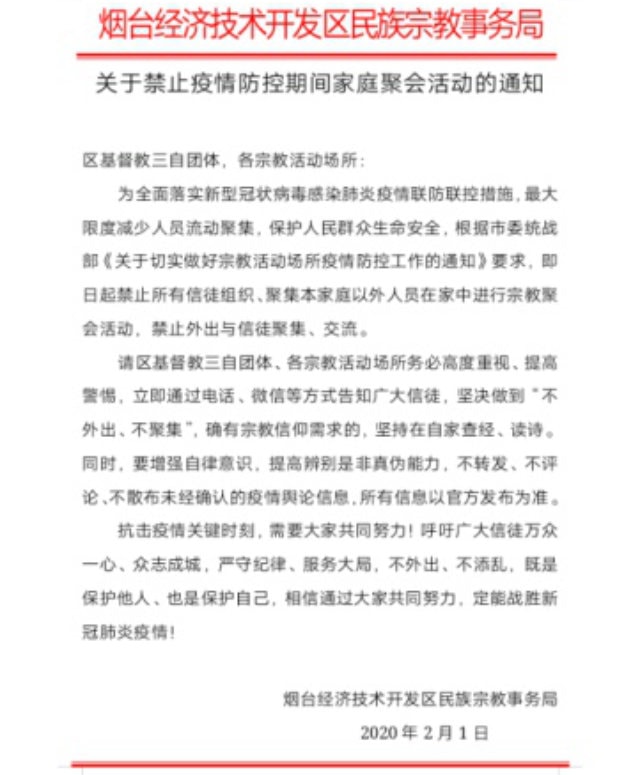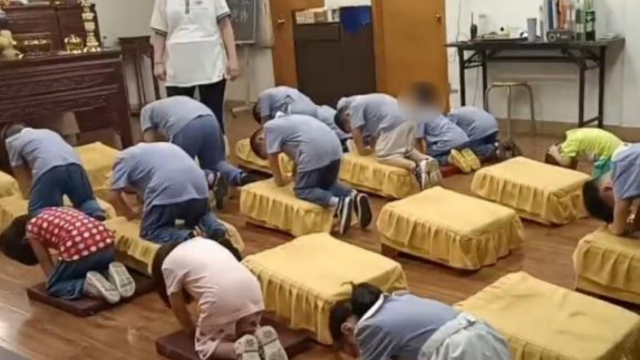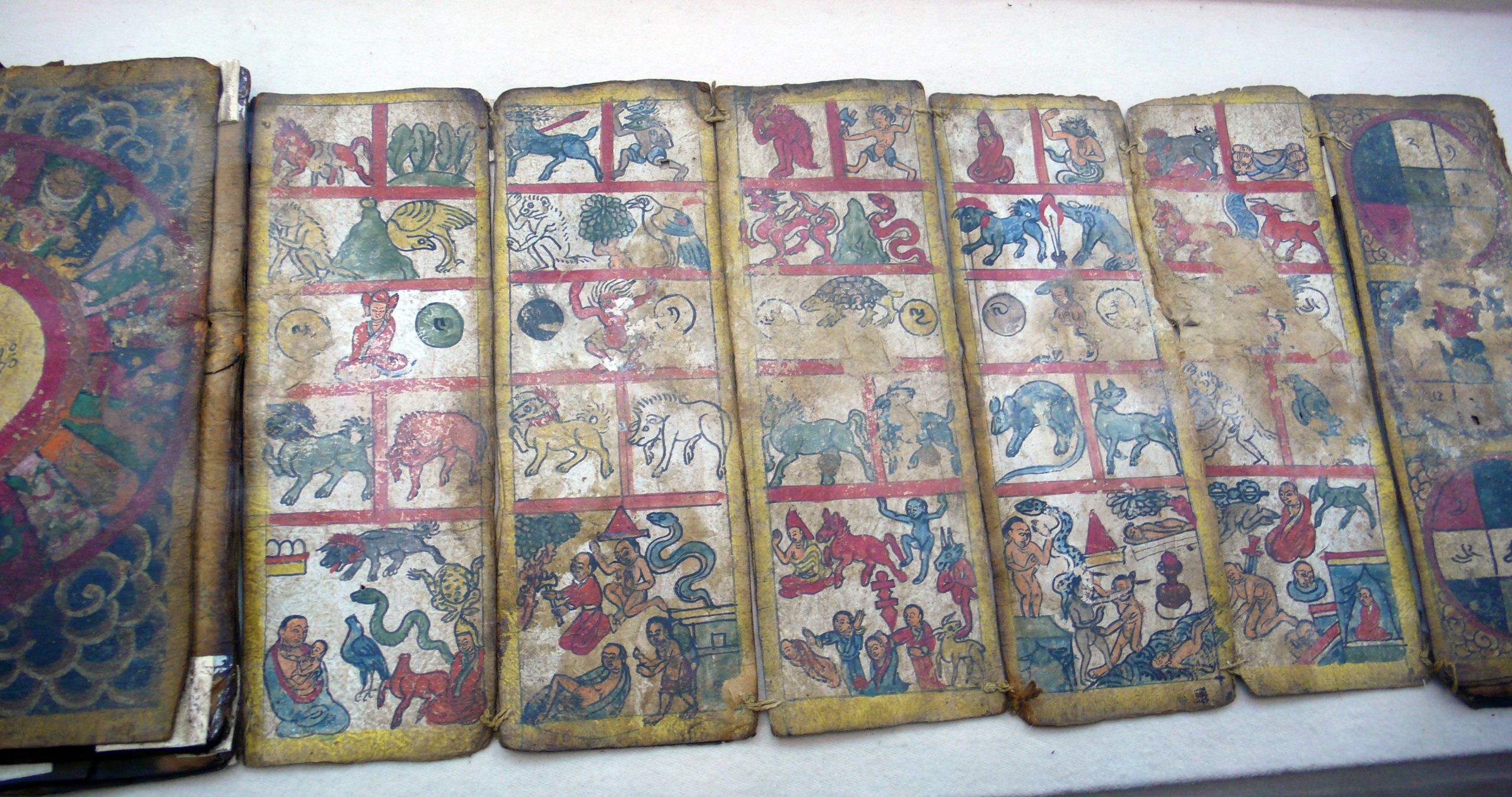The CCP intensified censorship to prevent believers from practicing their faith online, as religious gatherings were prohibited during the coronavirus outbreak.
In February, during the height of the coronavirus epidemic in China, a Three-Self church preacher from Huimin county, administered by Binzhou city in the eastern province of Shandong, organized an online service for his congregation on WeChat, a Chinese social media platform. A few days later, however, the local government blocked the link he had shared for people to join. Sometime before that, a house church director from Shandong’s Qingdao city live-streamed a service through an account on YY, a major Chinese video-based social network, but less than half an hour in, the interface issued a warning that “the account violated the rules” and was suspended.
To stop religious activities online, Shandong’s Two Chinese Christian Councils issued a ban on live-streaming of church services on February 23. Similar injunctions have been adopted throughout the country.
In mid-February, an imam from Shenyang city in the northeastern province of Liaoning discussed Islamic festivals on a social media platform. Soon after, the internet police blocked his account. “Anything online mentioning religion is banned now,” the imam said angrily.
Online activities related to churches abroad are monitored even more closely. In early March, a local government official from Liaoning was summoned by his superiors for attending an online course organized by a South Korean church. Because he used a VPN, virtual private network, service to access it, he was forced to uninstall the app, along with other software that would allow him to join online courses.
Banning online meetings has been one of the CCP’s go-to tools restricting the spread of religions for years. Last April, after a house church venue in the Nanchang Economic and Technological Development Zone in the southeastern province of Jiangxi was shut down, its director opened a Zoom video conferencing account, hoping to organize assemblies for his congregations online. The government blocked it in mid-September.
Even though some online religious gatherings are allowed in China, but their content is strictly censored and almost has nothing to do with faith. On March 8, Shandong’s Two Chinese Christian Councils held a video conference dedicated to the International Women’s Day and ordered church directors and key clergy members to mobilize congregations to attend the online event. According to a person who joined the conference, believers were primarily told: “love the country and help fight the epidemic.”
“Not even the five authorized religions are allowed to practice their faith, as they are told to believe in the Communist Party only, but the government still propagates the freedom of religion,” a preacher from a Three-Self church in Shandong told Bitter Winter. “It’s like a prostitute boasting about her chastity.”
Facing the government’s rigorous censorship, believers are afraid to express their thoughts and feelings online. On February 2, a house church preacher from Shandong’s Dezhou city informed his congregation that he had to close their WeChat group on orders from the internet police. He also warned them to be careful talking about “sensitive topics” online.
A congregation member explained to Bitter Winer that messages mentioning the Bible, calling people to atone, or even asking believers to pray for infected fellow churchgoers are considered “sensitive.” They banned and deleted by online censors. Anyone posting such messages may also be punished.
To identify who is saying what, the government demanded the nearly 500 members of the WeChat group of a Three-Self church in Liaoning’s Shenyang city to change their online names to real ones and provide their phone numbers. Clergy members were told to indicate the posts they occupy in the church next to their names.
“The Public Security Bureau monitors our WeChat group, which could be suspended if any member violates the rules,” the pastor in the church told Bitter Winter. “Anyone who posts information about the epidemic that is not approved by the government could be accused of divulging state secrets.”
On February 1, the Ethnic and Religious Affairs Bureau of the Yantai Economic and Technological Development Zone in Shandong issued a notice, banning believers from reposting, commenting, or publishing information that has not been confirmed by the government.

Source: Bitter Winter












